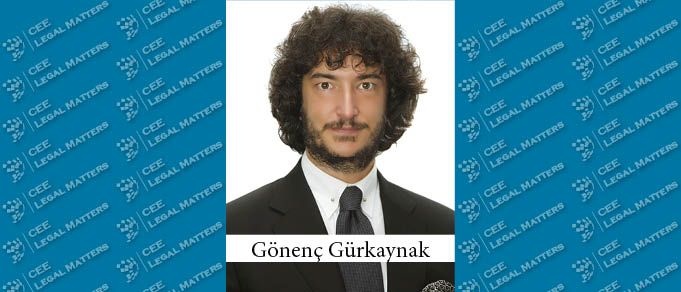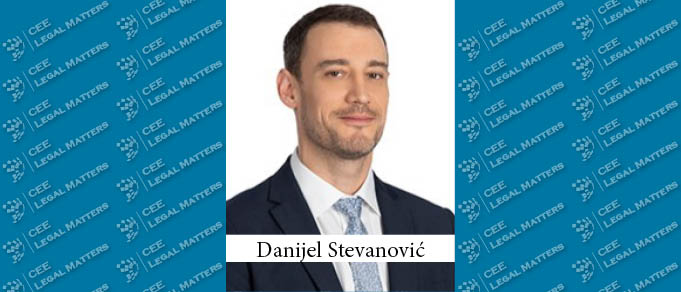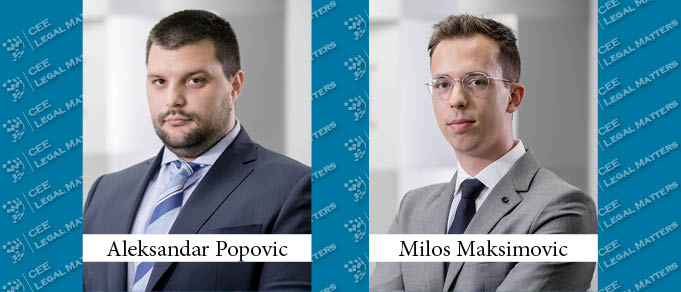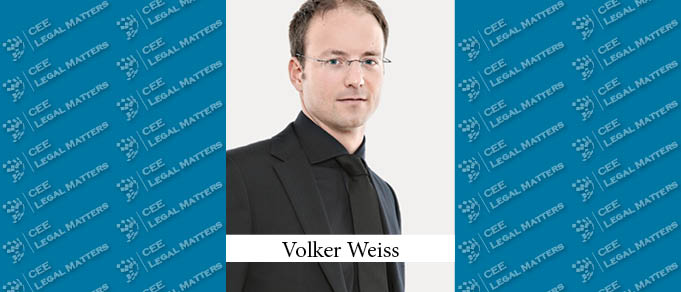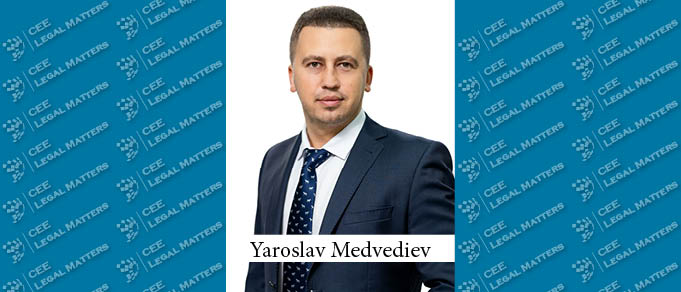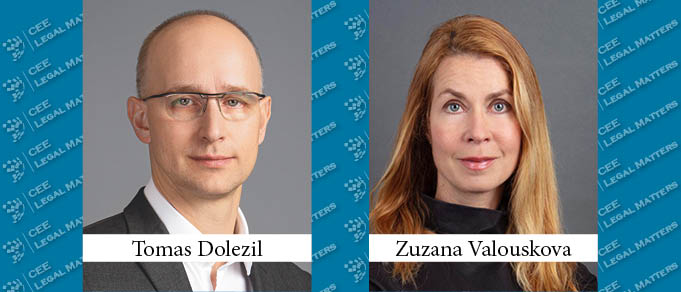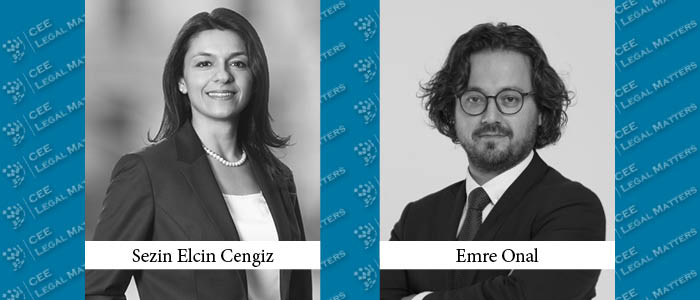The Competition Board (the “Board”), the competent decision-making organ of the Turkish Competition Authority, no longer has the quorum required to render final/executable decisions as the tenure of three (3) members came to an end as of the beginning of August 2022. Final decisions, including merger clearance decisions, closure of pre-investigation and investigation procedures, are currently pending while the Board is awaiting official assignment of new board members to re-establish final/executable decision quorum.
FDI Screening in Croatia
This article provides an up-to-date overview of the currently existing FDI regimes in Croatia.
FDI Screening in Bosnia and Herzegovina
Bosnia and Herzegovina does not have a foreign investment screening regime comparable to those now emerging in the European Union in light of the EU FDI Screening Regulation. However, it operates an authorisation system covering the defence and media sectors.
Attracting Foreign Investments and Incentives to Investors for Production of Audiovisual Works in the Republic of Serbia
Despite being already recognized as one of the leading European countries regarding foreign investments, the Republic of Serbia continues its active policy of attracting foreign investors. The direct consequence of the substantial increasement in investments in a plethora of different fields is the fact that there are even more and more foreign natural and legal persons willing to invest in producing audiovisual works on the territory of the Republic of Serbia. The Republic of Serbia recognized this trend and took measures to improve the environment for investing in audiovisual works within the so-called creative industries (e.g. films, short films, TV shows, documentaries, animated films, etc. ‘’Industry’’).
FDI Screening in Austria
FDI screening was for a long time a blank spot on the regulatory landscape for most countries in Central Eastern Europe (CEE). Unlike Western European Member States, relatively few countries in Central Eastern Europe had instruments to vet foreign investments and those that did exist often were of little practical consequence.
Antitrust and Competition Reform in Ukraine: Recent Milestones in Development
Over the last years the Ukrainian legal community has been actively discussing the developments in the antitrust reform and making practical efforts to implement it. MPs, the Antimonopoly Committee (the AMC) and other state bodies, international organizations, domestic and foreign antitrust experts have been involved in this process. This article provides an overview of certain changes that will further contribute to the development of the Ukrainian antitrust and competition legislation, and which have already been reflected in draft laws. Most of them were published in the form of recommendations provided to Ukraine by the OECD (Organisation for Economic Co-operation and Development) several years ago.
Is There an Effective Legal Defence Against “Screenscraping”?
This article outlines the possibilities of a legal defence against “screenscraping” – a way of automated data extraction from web sites of third parties without their consent (or even against an express prohibition).

